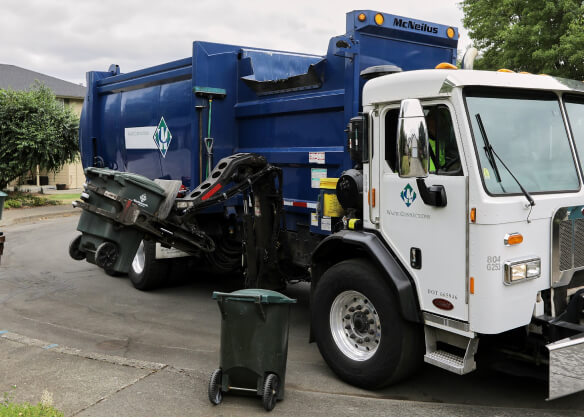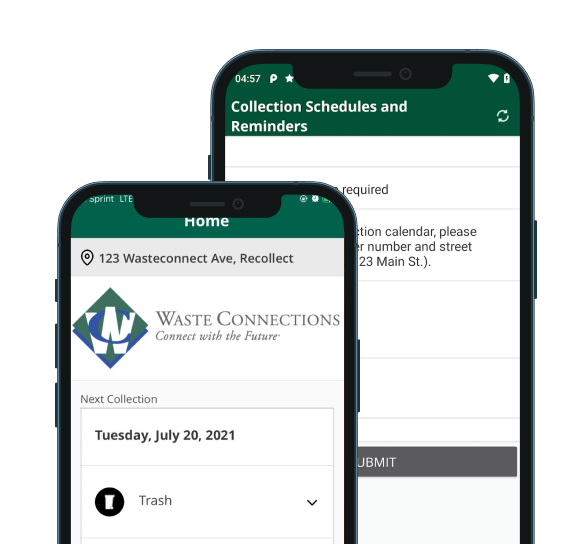Waste Connections of Tennessee offers dependable and effective waste disposal services across the Memphis Metro area, including residential trash collection, commercial trash compactor service, and construction waste removal. As a local company, we understand and value the communities we serve, ensuring personalized and high-quality service. Reach out to us to discover the wide range of waste management solutions we can provide for Memphis.

Residential garbage & recycling is available in many areas where we offer garbage pickup.
Commercial waste collection provides your business with a range of dumpsters and service schedules for your garbage pickup needs.
Residential garbage & recycling is available in many areas where we offer garbage pickup.
Choose Waste Connections
We've established a trusted reputation for our consistent, high quality service over the last 25 years. We offer competitive prices for any budget. We prioritize sustainability through diverse recycling options. You can count on our swift and timely roll-off delivery and setup because we respect your valuable time.
Whether you're living in Memphis, TN, running a local business, or working at a construction site, our commitment is to provide you with reliable and environmentally friendly waste management solutions that are customized to meet your specific needs.
Our Communities
Waste Connections of Texas is proud to continue serving Rhino Removal customers across north Texas.
Our Communities
Waste Connections of Texas is proud to continue serving Rhino Removal customers across north Texas.
Our Communities
Waste Connections of Texas is proud to continue serving Rhino Removal customers across north Texas.
FAQs
Your questions, answered
Are you still uncertain about sizing, pricing, or other details? Contact one of our professionals to get more information regarding which option is the best for you.








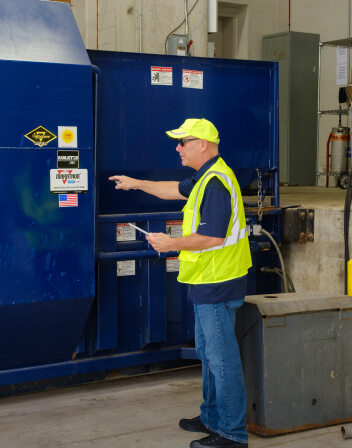
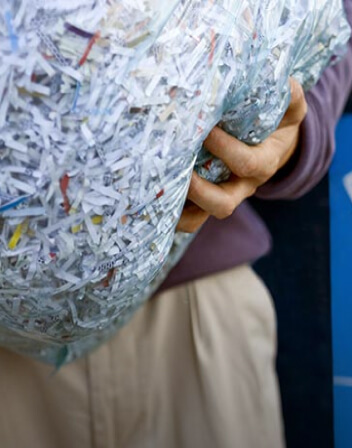










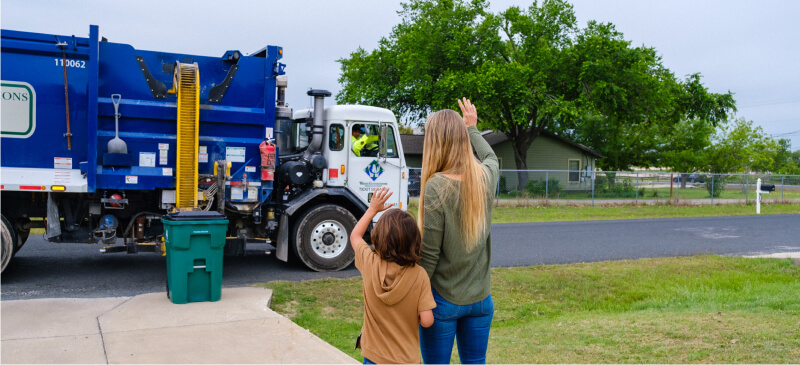







.jpg)
